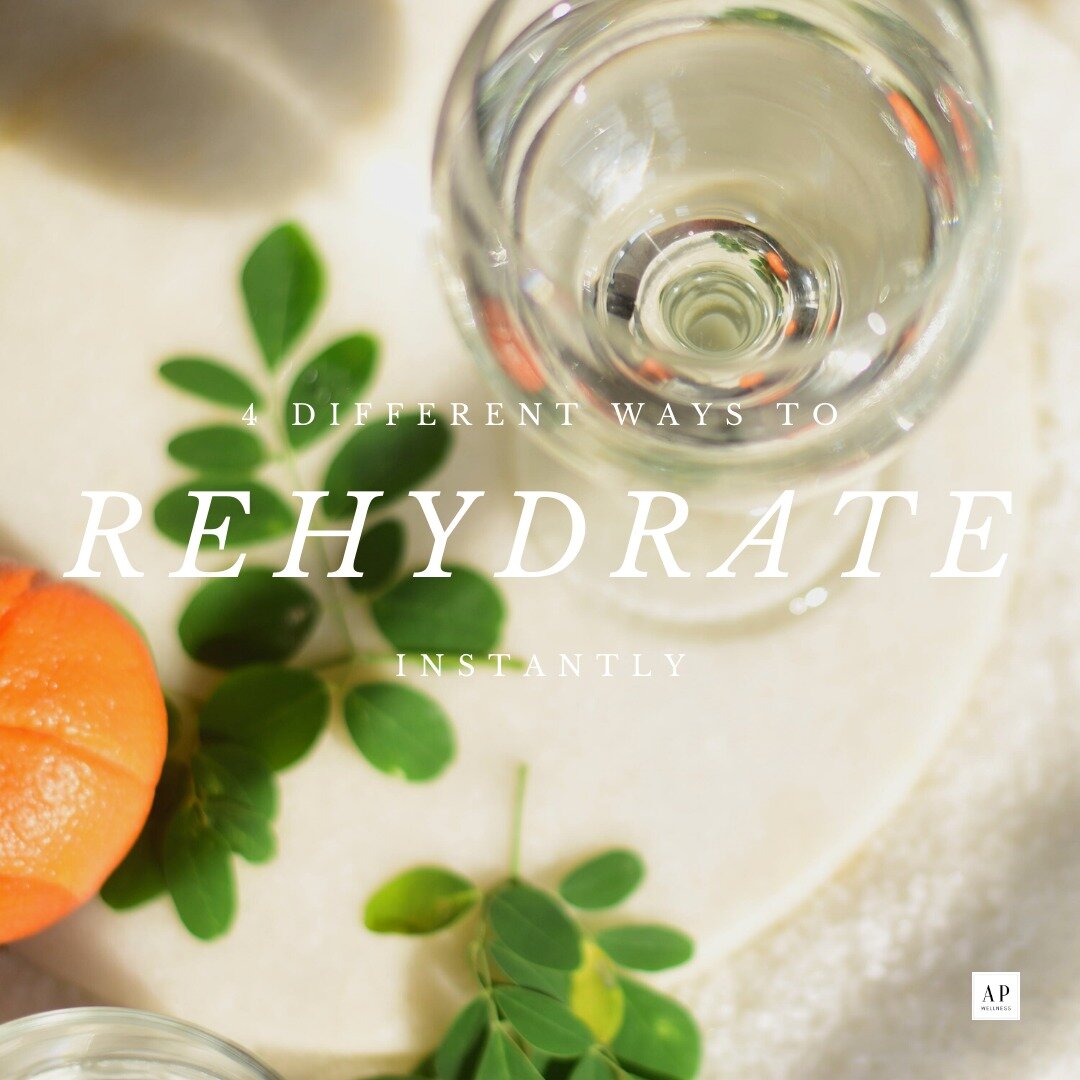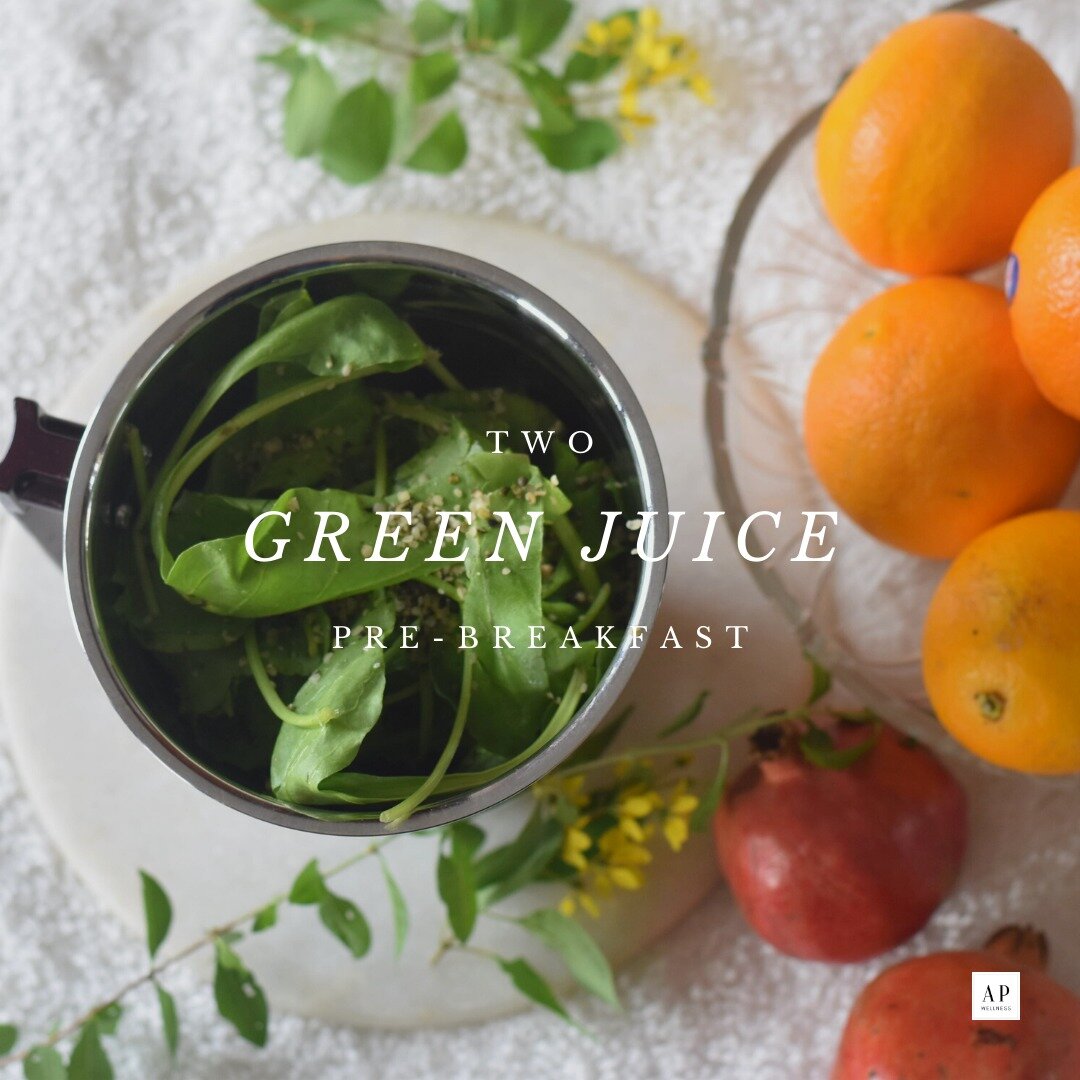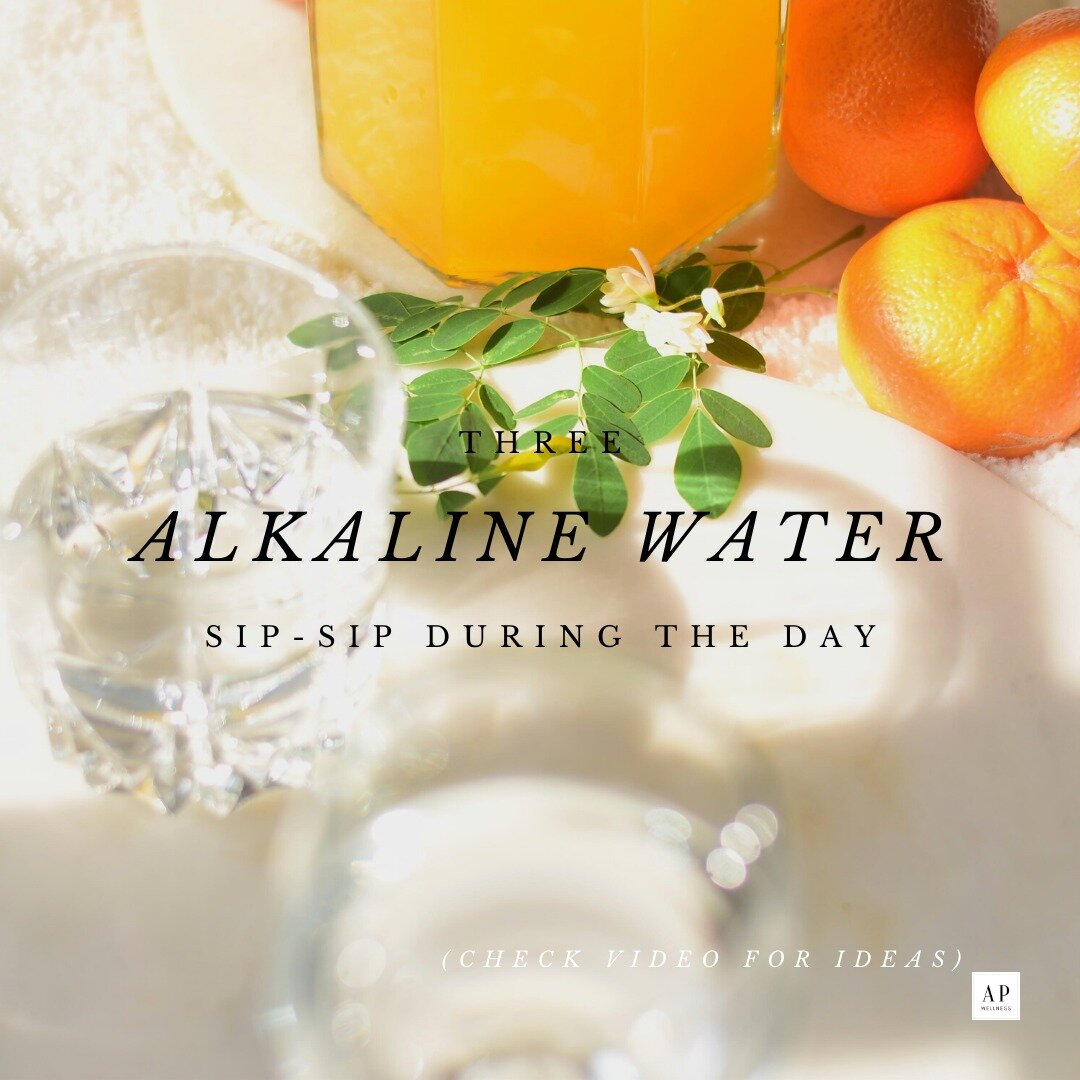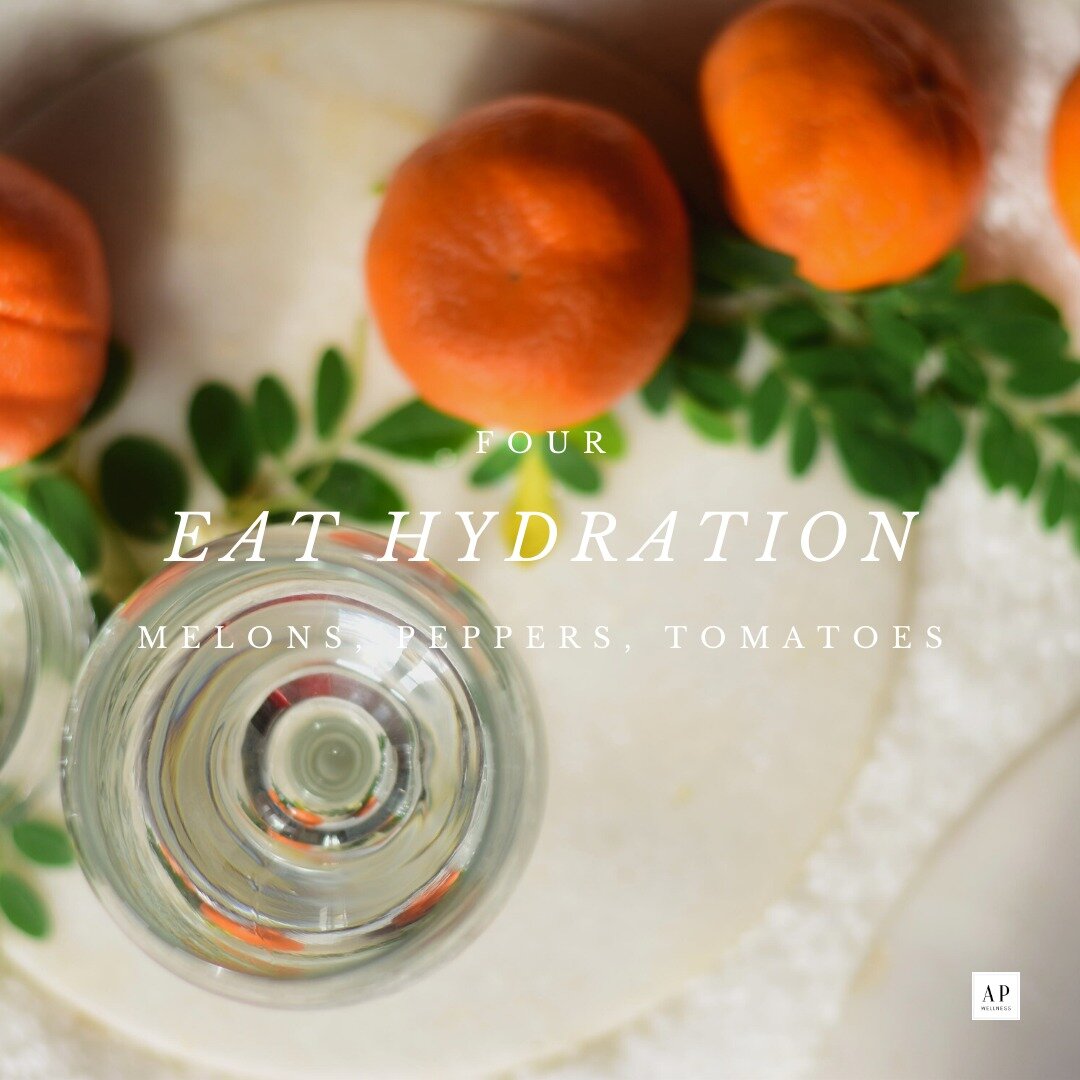W for Water : Hydration
#Hydration is the buzzword be it skincare or weightloss.
But hydration is not just about water intake. You've got to eat your way to hydration as well.
Including #melons, #citrus, mineral rich salts, bell peppers are a start. But there are sherbats, and juices that you can add as well.
According to #Ayurveda, how much water you should drink depends on your age, how much physical work or exercise you do, the weather, your diet, your stress levels, your herbal food supplements, and your body type.
The warm Pitta types usually are thirstier than the watery Kapha types. Vata types are often constipated or have dry skin and thus need to drink more water, suggesting that the way you choose to drink water affects your health.
In order to cleanse the channels and enhance moisture absorption, ayurvedic texts recommend boiling the water for various lengths of time, creating a therapeutic water called ushnodaka. They believe that there is difference in the rate of absorption of regular water vs. boiled water:
Regular water — takes about 6 hours if every channel is clear
Boiled and cooled water — takes about 3 hours to be absorbed, and helps open the channels
Hot herbalized water — takes about 1½ hours, due to sharpness of agni and herbs and spices
Once you know this, so many local, cultural practices of having herbal water or warm water with food suddenly makes sense, am I right?
I'm often asked, why should I drink more #water when I don't feel that thirsty?
The thing with our bodies is that it can stop giving us thirst signals for a bunch of reasons - like certain kinds of medication, stress, poor sleep patterns, gut issues, or even when the body gets used to chronic dehydration. And over a period of time this will manifest in a bunch of other ways.






